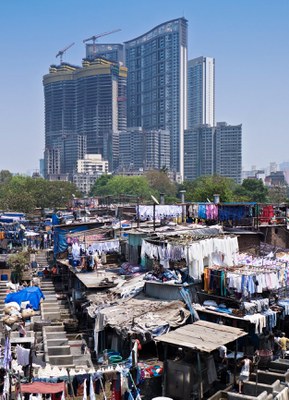CHIPS - Climate Change Impacts and Policies in Heterogeneous Societies
Background
Climate change impacts and climate mitigation policies have different effects in different locations and for different societal groups. Socio-economically vulnerable groups will likely be hit hardest. At the same time, reducing inequality, poverty and ensuring economic opportunities as well as combatting climate change are key components of the United Nations' Sustainable Development Goals. Research supporting policy makers in the development of measures that reduce climate change and contribute to greater social justice is therefore of the utmost urgency. It will accompany the successful implementation of the Paris Climate Agreement and the SDGs.
Objectives
CHIPS develops new concepts and tools to represent distributional effects in Integrated Assessment Models as the key tools for comprehensive assessment of socioeconomic pathways and policies. It bridges the scales between large world regions and households as well as local and global impacts of climate change and mitigation policies. In particular, CHIPS aims at:
- Conceptual advances in economic modeling across scales. To this end, multi-level considerations of equity (from global to subnational) as well as multi-dimensional quantifications of poverty and welfare will be integrated.
- Assessment of the distributional effects of climate impacts and of carbon pricing (as a central instrument of climate policy).
- Explicit representation of household heterogeneity in Integrated Assessment Models.
- Improved hazard-specific damage functions for different income groups. A specific focus will be on poverty- and growth-relevant aspects like capital and labor productivity.
The project has duration of three years (09/2019-08/2022) and is funded under the JPI AXIS programme. It collaborates closely with the SHAPE project.

